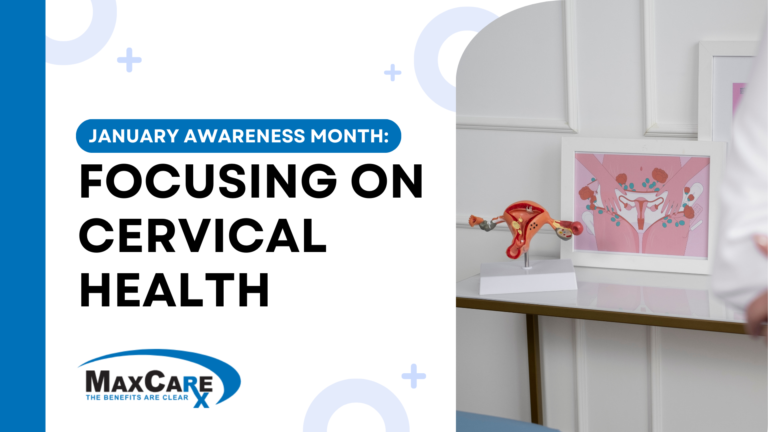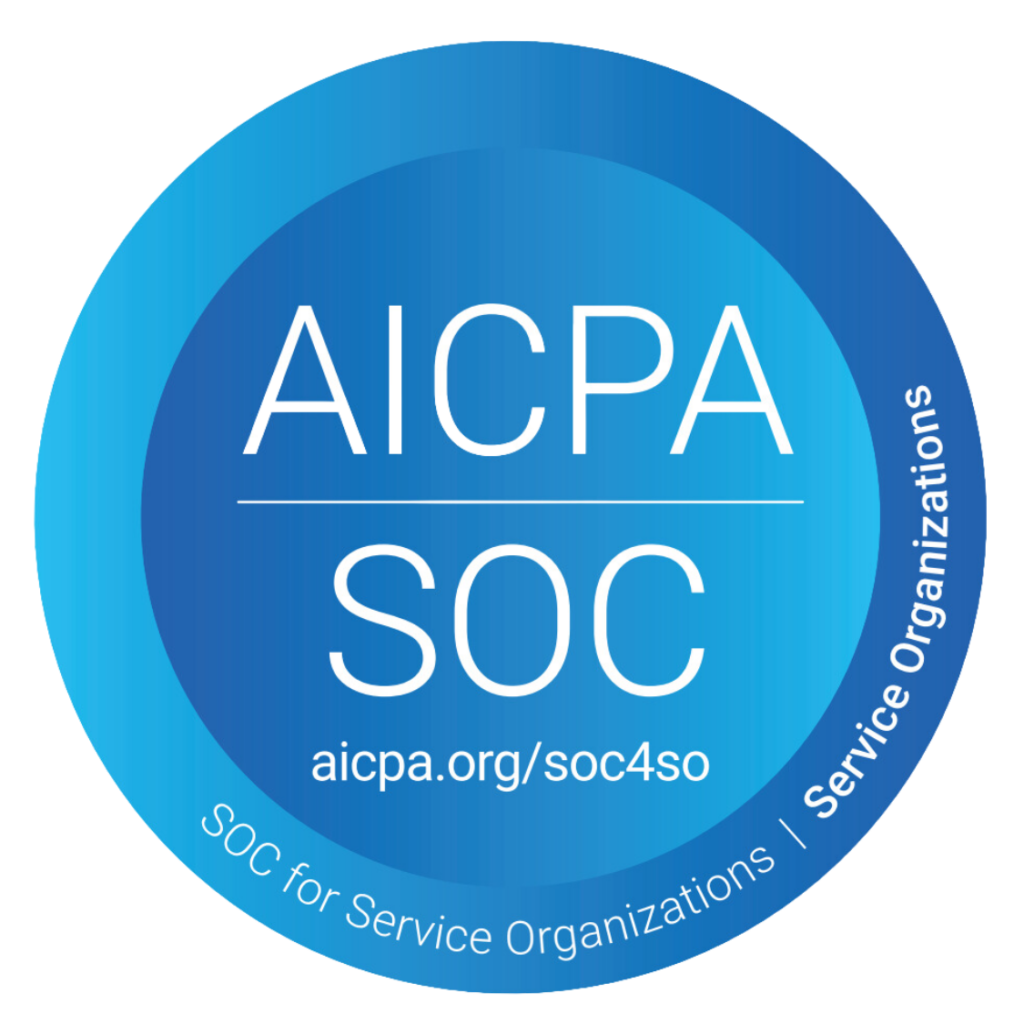As we observe June as Alzheimer’s and Brain Awareness Month, let us reaffirm our commitment to raising awareness, supporting research, and providing resources for individuals with Alzheimer’s and their caregivers. By increasing understanding and compassion for those affected by this challenging disease, we can work together to improve outcomes and enhance quality of life. Let’s explore the significance of Alzheimer’s awareness and gain comprehensive insights into the disease – covering its signs, symptoms, risk factors, and more.
Understanding Alzheimer’s: Signs, Symptoms, and Risk Factors
Alzheimer’s disease is a progressive neurodegenerative disorder that affects memory, thinking skills, and behavior. It is the most common cause of dementia, a general term for the loss of cognitive abilities severe enough to interfere with daily functioning. While aging is the greatest risk factor for Alzheimer’s, it is not a normal part of aging.
Signs and Symptoms
Early detection of Alzheimer’s is critical for timely intervention and management. Recognizing the initial signs can empower individuals and their families to seek appropriate medical attention. Among the earliest manifestations are:
- Memory Loss Disrupting Daily Life: Forgetfulness that significantly impacts daily routines, such as forgetting important dates or repeatedly asking the same questions.
- Challenges in Problem-Solving: Difficulties in planning, organizing tasks, or solving familiar problems, which may manifest in an individual’s work or personal life.
- Difficulty Completing Familiar Tasks: Struggles with completing routine tasks, such as driving to a familiar location or managing finances.
- Confusion with Time or Place: Disorientation regarding time, dates, seasons, or locations, leading to instances of getting lost even in familiar surroundings.
- Changes in Mood or Personality: Shifts in mood, behavior, or personality traits, including increased irritability, anxiety, or withdrawal from social activities.
As Alzheimer’s progresses, these symptoms often worsen, accompanied by more pronounced cognitive decline and functional impairment. Individuals may experience difficulties in communication, including challenges with speech and language comprehension, as well as motor impairments such as difficulty swallowing or walking.
Risk Factors
Understanding the risk factors associated with Alzheimer’s can aid in proactive measures to mitigate its impact. While advancing age remains the single greatest risk factor, other contributing factors include:
- Genetics and Family History: A family history of Alzheimer’s or specific genetic mutations can increase the likelihood of developing the disease.
- Cardiovascular Health: Conditions such as hypertension, diabetes, high cholesterol, and obesity have been linked to an elevated risk of Alzheimer’s.
- Lifestyle Factors: Modifiable lifestyle factors, including smoking, physical inactivity, poor diet, and limited mental stimulation, can contribute to the onset and progression of Alzheimer’s.
Age of Onset, Gender Differences, and Recent Developments
Alzheimer’s disease exhibits a multifaceted profile in terms of age of onset, gender predisposition, and ongoing advancements in research and treatment approaches.
Age of Onset
While Alzheimer’s predominantly affects older adults, it’s crucial to recognize that it can also manifest in younger individuals, a phenomenon referred to as early-onset Alzheimer’s. While less common, early-onset Alzheimer’s presents unique challenges due to its impact on individuals in the prime of their lives. However, the majority of Alzheimer’s cases typically emerge after the age of 65, with the risk escalating exponentially with each passing decade. Indeed, studies reveal that the risk of Alzheimer’s doubles every five years beyond the age of 65, emphasizing the significance of aging as a predominant risk factor for the disease.
Gender Differences
Gender disparities in Alzheimer’s prevalence underscore the complex interplay of biological, social, and environmental factors. Women are disproportionately affected by Alzheimer’s compared to men; a trend partly attributed to their longer life expectancy. Additionally, hormonal factors, including estrogen fluctuations, have been implicated in the heightened susceptibility of women to Alzheimer’s. This gender disparity underscores the importance of tailored approaches to Alzheimer’s prevention, diagnosis, and treatment that account for sex-specific risk factors and physiological differences.
Recent Developments
Recent advancements in Alzheimer’s research have illuminated promising avenues for understanding, preventing, and managing the disease. Studies investigating potential risk factors and protective factors have underscored the pivotal role of lifestyle modifications in reducing Alzheimer’s risk. Maintaining a healthy lifestyle characterized by regular physical exercise, a balanced diet rich in antioxidants and omega-3 fatty acids, social engagement, and cognitive stimulation has emerged as a cornerstone in Alzheimer’s prevention strategies.
Furthermore, groundbreaking developments in imaging techniques and biomarker research hold immense potential for early diagnosis and personalized treatment approaches. Advanced neuroimaging modalities, such as positron emission tomography (PET) scans and magnetic resonance imaging (MRI), enable clinicians to detect subtle structural and functional changes in the brain associated with Alzheimer’s pathology. Moreover, the identification of biomarkers, including amyloid-beta and tau proteins, in cerebrospinal fluid or blood samples facilitates early detection and monitoring of Alzheimer’s progression, paving the way for targeted interventions and novel therapeutic modalities.
The Importance of Early Detection
By recognizing the initial signs and symptoms of Alzheimer’s at its earliest stages, individuals, healthcare providers, and researchers can proactively address the challenges posed by the disease and maximize opportunities for intervention, support, and research advancement.
Timely Intervention and Treatment Access
While there is currently no cure for Alzheimer’s, several pharmacological and non-pharmacological interventions have demonstrated efficacy in alleviating symptoms and enhancing cognitive function, particularly in the early stages of the disease. By identifying Alzheimer’s in its nascent phase, individuals can leverage available treatment options to optimize symptom management, preserve cognitive abilities, and enhance overall well-being.
Planning for the Future
Early detection affords individuals and their families the invaluable opportunity to plan for the future, both in terms of practical arrangements and emotional preparedness. From making legal and financial arrangements to establishing caregiving support networks, early diagnosis empowers individuals to navigate the complexities of Alzheimer’s with foresight, dignity, and compassion. By engaging in proactive discussions and decision-making processes, individuals can articulate their preferences regarding healthcare, long-term care options, and end-of-life care, thereby alleviating the burden on caregivers and ensuring that their wishes are honored throughout the disease trajectory.
Contribution to Research and Advancements
Beyond individual benefits, early detection plays a pivotal role in advancing our collective understanding of Alzheimer’s disease and accelerating research efforts towards effective treatments and ultimately, a cure. Individuals diagnosed with Alzheimer’s, along with their families, can actively participate in clinical trials, research studies, and longitudinal investigations aimed at unraveling the underlying mechanisms of the disease, identifying novel biomarkers, and evaluating potential therapeutic interventions. By contributing to the scientific discourse and knowledge base surrounding Alzheimer’s, individuals affected by the disease become instrumental agents of change, driving innovation, and paving the way for future generations to benefit from improved diagnostics, treatments, and preventive strategies.
Caregiver Burden and Resources for Caregivers
Alzheimer’s not only impacts the individuals diagnosed with the disease but also their families and caregivers. The responsibilities of caregiving can be overwhelming, both emotionally and physically, leading to caregiver burden and burnout. Caregivers often face challenges such as balancing work and caregiving responsibilities, managing financial and legal matters, and coping with the progression of the disease.
For caregivers, it is essential to prioritize self-care and seek support from healthcare professionals, support groups, and community organizations. Several resources are available to help caregivers navigate the challenges of caring for a loved one with Alzheimer’s, including respite care services, counseling, educational workshops, and online forums.
Resources for Caregivers
- Alzheimer’s Association: Provides information, support groups, and resources for individuals with Alzheimer’s and their caregivers.
- Family Caregiver Alliance: Offers education, support, and advocacy for family caregivers of adults with chronic conditions.
- National Institute on Aging: Provides resources on Alzheimer’s research, clinical trials, and caregiving tips.
- Caregiver Action Network: Offers practical advice, resources, and support for family caregivers.
- Local Community Organizations: Many communities have local resources such as senior centers, adult day programs, and caregiver support groups.
Conclusion: Advocating for Alzheimer’s Awareness
At MaxCare, we recognize the profound impact of Alzheimer’s on individuals, families, and communities, and we are committed to providing innovative solutions and support services to enhance the quality of life for those affected by this challenging condition. As a pass-through PBM, MaxCare advocates for transparency, accountability, and patient-centric care, ensuring that individuals with Alzheimer’s have access to the latest treatments, resources, and support networks. By prioritizing early detection, proactive management, and collaborative research endeavors, we can collectively advance our understanding of Alzheimer’s and strive towards a future where every individual receives the care and support they deserve. Together, let us raise awareness, foster compassion, and drive positive change in the fight against Alzheimer’s disease.
Medical Disclaimer: The information provided in this blog is for general educational purposes only and is not intended as a substitute for professional medical advice, diagnosis, or treatment. Always seek the advice of your physician or other qualified healthcare provider regarding any medical condition or treatment. Reliance on any information provided in this blog is solely at your own risk.



